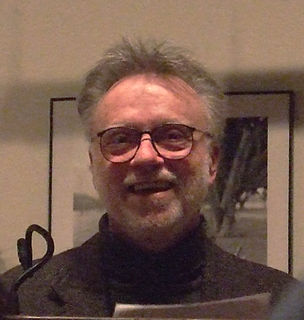A Quote by John Crowley
I've always had a compassion for characters in novels - the sense that they are, whatever they might think, living in a world that has a shape they don't know and can't finally alter.
Related Quotes
The other thing that I got back then - the Parker novels have never had much of anything to do with race. There have been a few black characters here and there, but the first batch of books back then, I got a lot of letters from urban black guys in their 20s, 30s, 40s. What were they seeing that they were reacting to? And I think I finally figured it out - at that time, they were guys who felt very excluded from society, that they had been rejected by the greater American world.
The other shape, If shape it might be call'd that shape had none Distinguishable in member, joint, or limb; Or substance might be call'd that shadow seem'd, For each seem'd either,--black it stood as night, Fierce as ten furies, terrible as hell, And shook a dreadful dart; what seem'd his head The likeness of a kingly crown had on. Satan was now at hand.
I stepped onto the spiritual path moved by an inner sense that I might find greatness of heart, that I might find profound belonging, that I might find a hidden source of love and compassion. Like a homing instinct for freedom, my intuitive sense that this was possible was the faint, flickering, yet undeniable expression of faith.
Through compassion it is possible to recognize that the craving for love that people feel resides also in our own hearts, that the cruelty the world knows all too well is also rooted in our own impulses. Through compassion we also sense our hope for forgiveness in our friends' eyes and our hatred in their bitter mouths. When they kill, we know that we could have done it; when they give life, we know that we can do the same. For a compassionate person nothing human is alien: no joy and no sorrow, no way of living and no way of dying.






































